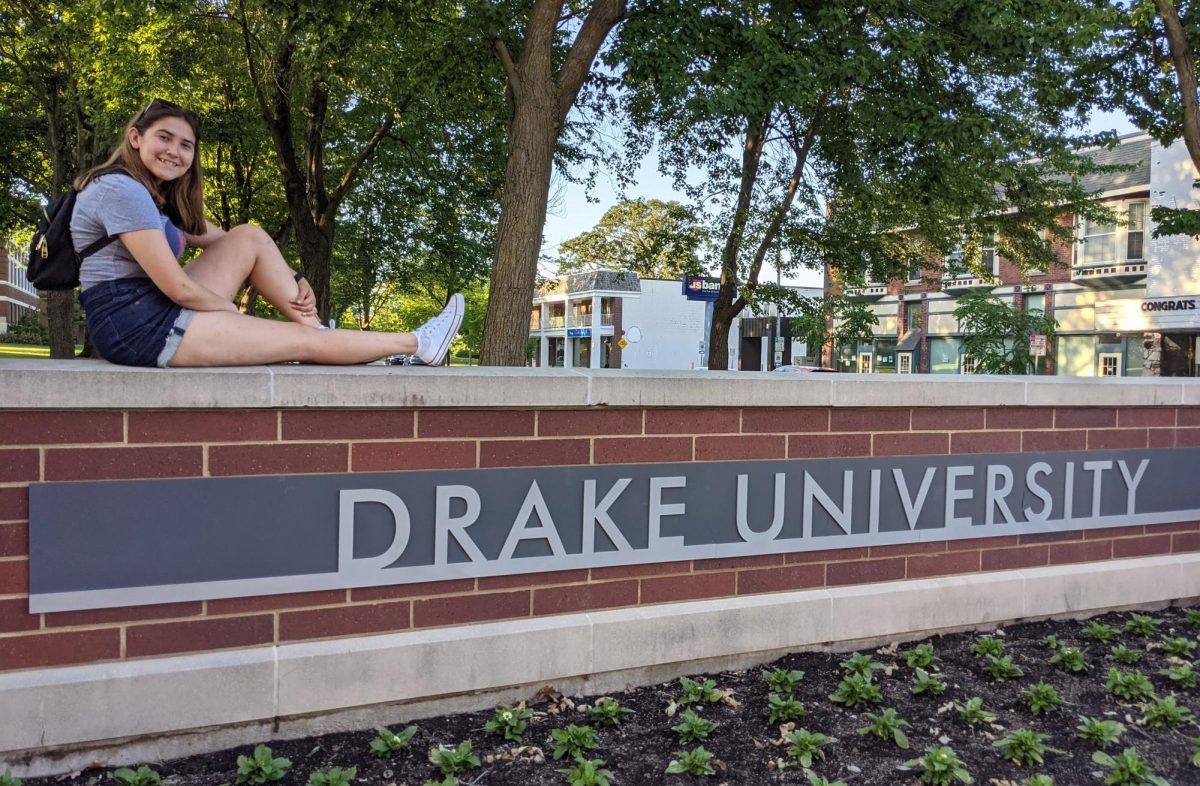Moviegoers far too often find themselves searching the wavelengths for fresh flicks, yet to no avail. This came as the aftermath of Hollywood’s most recent fad, the reboot.
The most recent example, The Matrix Resurrections, only solidified this conclusion. While the film fared slightly above average with viewers, scoring a 64% on rotten tomatoes, the underlying problem is still true; reboots are the true embodiment of cash grabs.
This problem lies beyond The Matrix Resurrections, with films such as The Amazing Spider Man pointing a glaring light at the economic incentives that tend to out-weigh filmmaking values in the executive offices.
The Amazing Spiderman is a perfect example of this scenario, as the film was only ever put into production to protect Sony’s control over on-screen Spider-man adaptations.
The problem can be defined as such: the executive offices controlling Hollywood’s filmmakers are placing their bets on cash grab films more often than ever, primarily due to the risk involved in betting on a brand-new film’s ability to pull in live audiences.
Considering the impact a world-wide pandemic has on economic planning, is it fair to ridicule these filmmaking companies for betting on what works? The answer is complicated to say the least.
Companies such as Disney that are recycling old, animated films such as Dumbo, Aladdin, and the Lion King into live action cash grabs border on corporate greed, especially when considering the economic backbone Disney has.
In this sense, less successful and economically stable film companies might deserve a break when it comes to recycling old products under pandemic-stained circumstances.
Even so, the issue extends beyond the benefit of the doubt that economic uncertainty provides. Films such as Ghostbusters (2016), born with low expectations, seem simply irresponsible in the greater scheme of filmmaking.
On paper, a reboot of the classic Ghostbusters franchise seems like an assured success, yet in practice it fell well short with a 49% audience rating on rotten tomatoes. It appears this problem stems from trying to meld outdated filmmaking into the values of the now, for better or worse.
In the case of Ghostbusters (2016), a full recast of the original Ghostbusters seemed appropriate given their age. Yet, one of the key components of what made the original Ghostbusters film so successful was the original cast and their respective comedy styles.
A lineup including Bill Murray and Dan Aykroyd is tough to match, but the more recent installment seemed off to a promising start with comedy stars such as Melissa McCarthy and Leslie Jones.
This ultimately proved a failure though, and not due to a lack of comedic talent. Columbia Pictures simply made the mistake of trying to recreate an 80’s film, along with its 80’s comedy cast, with a 2010’s filmmaker and a 2010’s comedy cast. While the two are respectively brilliant in their own sense, trying to fuse the two into one rarely proves successful.
Thus, the underlying issue of modern reboots stands out clearly. A prioritization of easy economic benefit is proving incredibly harmful to the reliability and respectability of modern-day Hollywood.







